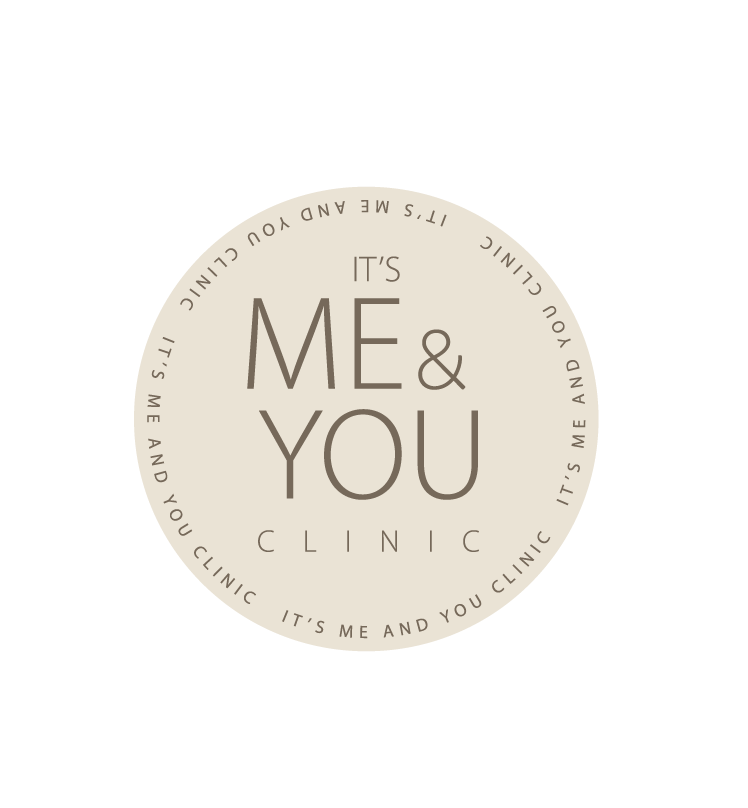Botox is an FSA-approved treatment for temporarily treating facial wrinkles and other medical issues. It is popularly used by patients who wish to enhance their facial appearance and achieve a smooth and more youthful look. Herein, we will discuss how long botulinum toxin injections last, ways to make them last longer, and frequently asked questions about botox.
Non-surgical cosmetic procedures are gaining popularity, with patients getting them for various reasons. Botulinum toxin treatment reduces the appearance of facial wrinkles, enhancing smooth and refreshed skin. It inhibits muscle contractions and movements. It is also used in therapeutic contexts for certain medical issues related to muscle contraction and spasticity. Botox is made from highly purified botulinum toxin, which, when injected into the skin, inhibits the release of nerve signals that causes muscles to contract.Theresults of botulinum toxin treatment are temporary. It usually lasts about 3 to 6 months, depending on various factors, such as the volume injected. Read this article to understand more about the anti-wrinkle treatment.
What Is Botox, and How Does It Work?
Botox is a brand name for botulinum toxin (type A). It is a protein neurotoxin derived from the bacterium Clostridium botulinum (C. botulinum). C. botulism is found in natural settings such as lakes, soils, forests, some foods and the intestinal tracts of some animals. Spiegel (2020) pointed out four different formulations approved by the FSA for cosmetic purposes and other medical issues. They include:
- Onabotulinumtoxin-A (Botox)
- Rimabotulinumtoxin-B (Myobloc)
- Incobotulinumtoxin-A (Xeomin)
- Abotulinumtoxin-A (Dysport)
Botulinum toxin is a poison. According to Dutta et al. (2016),a single gram of Botulinum toxin (evenly dispersed and inhaled) can kill more than one million people. The toxin can lead to botulism. Manufacturers of Botox use small doses of highly purified botulinum toxin to make it safe to use in therapeutic contexts.
Botulinum toxin works entirely on the neuromuscular system. Itdisrupts nerve-signalling systems responsible for muscle contraction. The brain releases a neurotransmitter known as acetylcholine to the neuromuscular junctions causing muscles to contract and make dynamic movements. Constant movements of facial muscles result in skin wrinkling and other conditions related to the neuromuscular. When the neurotoxin is injected into the muscle cells, it blocks the release of acetylcholine, temporarily relaxing and weakening the muscle cells. The relaxation reduces the appearance of facial wrinkles for about 3 to 6 months when the effects of Botox start to wear off.
How Long Do Botox Injections Last?
Although the results of botulinum toxin injections are long-lasting, their effects do not last forever. Satriyasa (2019) stated that Botox blocks the release of acetylcholine, resulting in relaxation of the local muscles, usually occurring 24 hours to two weeks following Botox injection. This effect will last three to six months. Botox is relatively safe and does not result in any adverse side effects. However, in certain circumstances, the effect of Botox will gradually resolve, resulting in reduced muscle paralysis (Satriyasa, 2019).
According to Nestor et al. (2020), the duration of botulinum toxin injections may vary depending on various factors such as the product, volume of the injectable, quality of the injection, muscle mass, and the patient’s age and sex. Durand et al. (2016)also suggested that having several injections in the same area may extend the longevity of Botox effects.
How to Make Botox Injections Last Longer
For patients hoping to make the effects of Botox injections last longer, they should consider the following:
Avoid Excess Heat and Sun Exposure
Excess heat and sun exposure can accelerate ageing by destroying skin cells deep in dermal layers and reducing the body’s ability to produce collagen.Botulinum toxin injections work against wrinkles caused by muscle contraction. The treatment may be ineffective for wrinkles caused by excess heat exposure. Besides, excess heat may also break down Botox, rendering it less effective against wrinkles or reducing its longevity.
Avoid High-Intensity Workouts
High-intensity exercises improve individual metabolism, build muscles and help burn calories more quickly. Engaging in high-intensity exercises may metabolize Botox sooner and reduce its effectiveness. Alternatively, patients are advised to integrate more low-intensity workouts to maximize the longevity of Botox results.
Avoid Nicotine
Nicotine breaks down collagen and damages skin cells. Consuming anything containing nicotine reduces Botox injections’ effectiveness and accelerates the reappearance of initial dynamic wrinkles. Consequently, smoking or vaping nicotine causes fine wrinkles around your mouth that future Botox injections may not be able to fix.
Moisturize Your Skin with Collagen or Hyaluronic Acid-Based Moisturizers
Collagen or HA-based skin moisturizers help you maintain smooth skin. They also make your skin look plump, preventing Botox from breaking down more quickly.
Avoid Stress
Stress tenses the already relaxed muscles causing the effects of Botox injections to wear off sooner than expected. You can reduce your stress levels by engaging in stress-relieving activities such as yoga, meditation and others.
Tips to Help Prevent New Wrinkles
- Stay hydrated
- Wear high-SPF sunscreen whenever you go out in the sun
- Avoid smoking
- Eat healthy meals
- Use skin cleanses to prevent dirt from accumulating in the skin and also help remove dead skin.
Frequently Asked Questions about Botox
How Often Can You Get Botox?
You can have botulinum toxin injections again at least once 3 to 4 months after the initial treatment. Top-up injections shouldn’t be done sooner than three months to prevent your body from developing resistance to anti-wrinkle treatments.
Does Health Insurance Cover Botox Treatment?
Botox injections for cosmetic purposes are not covered by health insurance. A cosmetic procedure enhances one’s appearance but doesn’t address a medical procedure.
How Long Does It Take for Botox to Work?
The earliest you may notice changes in the injected area is 3 to 5 days. However, you will experience near results after 10 to 15 days. The full results of botulinum toxin injections are seen 3 to 4 weeks after treatment.
Conclusion
Botox, or botulinum toxin, is typically used as an anti-wrinkle treatment. Still, it can also improve a wide range of medical issues. The effects of this cosmetic injection can last up to 6 months after the treatment, depending on the factors mentioned above. Patients can maximize the longevity of Botox effects by avoiding stress, nicotine, sun damage and too much heat. They can also take zinc supplements and use collagen and HA-based moisturizers to extend the effects of Botox injections. When considering Botox treatment for the first time, patients should know the cost, possible risks, and other considerations. Besides, they should get treatment from reputable and highly qualified aestheticians to minimize the risks of adverse effects and complications.
References
Durand, P. D., Couto, R. A., Isakov, R., Yoo, D. B., Azizzadeh, B., Guyuron, B., & Zins, J. E. (2016). Botulinum toxin and muscle atrophy: a wanted or unwanted effect. Aesthetic surgery journal, 36(4), 482-487.
Dutta, S. R., Passi, D., Singh, M., Singh, P., Sharma, S., & Sharma, A. (2016). Botulinum toxin the poison that heals: A brief review. National journal of maxillofacial surgery, 7(1), 10.
Nestor, M., Cohen, J. L., Landau, M., Hilton, S., Nikolis, A., Haq, S., … & Picaut, P. (2020). Onset and duration of abobotulinumtoxinA for aesthetic use in the upper face: a systematic literature review. The Journal of clinical and aesthetic dermatology, 13(12), E56.
Satriyasa, B. K. (2019). Botulinum toxin (Botox) A for reducing the appearance of facial wrinkles: a literature review of clinical use and pharmacological aspect. Clinical, cosmetic and investigational dermatology, 12, 223.
Spiegel, L. L., Ostrem, J. L., & Bledsoe, I. O. (2020). FDA Approvals and Consensus Guidelines for Botulinum Toxins in the Treatment of Dystonia. Toxins, 12(5).
- Delta: A Review from My Perspective - April 10, 2024
- JustCBD UK: A Comprehensive Review - April 8, 2024
- Dermal Fillers, Anti-Wrinkle Injections in St John’s GU21 - March 15, 2024

